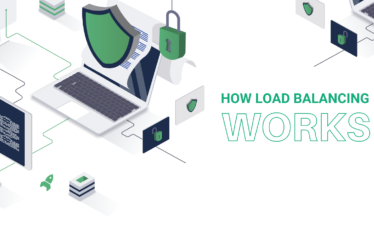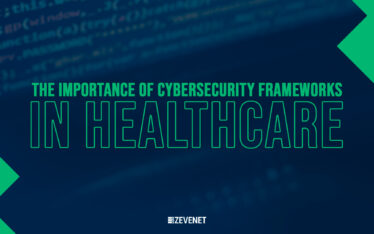
Data breaches are very common now as the volume of data being created on a daily basis is really huge. The high-profile e-comm retailers are the most affected by these types of data breaches. However, no one is out of the data risk when it comes to secured business management. The most alarming part is that about 62% of cyber-attacks target small or medium-sized businesses. So, it is necessary to have a solid E-commerce security strategy for all types of businesses. Here in this article, we will look at the major security threats for E-com companies and ways to tackle the same.
About E-commerce security
Security in e-commerce largely focuses on maintaining safe electronic transactions during online trading. There are various protocols to be put in place to ensure all involved parties’ protection and safety. The basic need of consumers is to know whether they can trust the brands for buying safely. It is necessary to have a robust E-commerce security protocol in place to build the trust of the potential customers besides the secure financial transactions.The consequences of a cyber-attack can significantly affect the reputation of E-commerce businesses. The customers may be reluctant to continue shopping online if they do not feel comfortable with the portals and practices they deal with.
Major E-commerce security threats
People tend to share a lot of information online like credit, and debit card details, bank account details, passport information, driving license, etc. Hackers try to access such information and sell it on the dark web. There are many security threats online pertaining to sensitive user information. Here we will share some of the most common threats which are faced by E-commerce websites, both large and small.
Cross-site scripting
This is a mode of cyber-attack, which involves attackers inserting malicious pieces of code like JavaScript into web pages of the E-commerce sites. The browser reads it as a regular set of codes and runs it accordingly. This will enable the hackers to access confidential information like financial data, credit card numbers, etc. Once run, it works in the background to access the end-user information with cookies, and the attackers can also try to intrude on their personal accounts. They can launch direct virus attacks and phishing attacks on the victims.
Another primary thing that E-com providers should take care of is to maintain their databases in a secured manner. A couple of years back, a single XSS attack affected about six thousand e-commerce sites, which resulted in registering and stealing the customer’s credit card info. Even when these types of attacks do not appear to cause harm to the E-commerce sites, they can dent consumer relations with the affected end-users. It is important to take the assistance of reliable and professional service for database administration.
SQL injection
SQL injection is another cyber-attack method, which will affect the website or the applications that use SQL databases. Very commonly used E-commerce platforms use an SQL database for storing information. With an SQL injection attack, the hackers will be inserting malicious SQL codes inside another genuine-looking payload. While processing the SQL query, attackers can gain access to the backend database to either steal the information or manipulate its data. They can also get access to the administrator accounts to gain complete control over the website system.
DDoS
Distributed denial-of-service or DDoS attacks are initiated with a number of requests from different IP addresses. These IP addresses may usually be compromised by some kind of malware and will be forced to make different queries to the website at a time. This mode of attack overloads the service, which results in slow performance and crashes down the website.
Phishing attacks
A phishing scam is mostly coming through emails, which may look genuine as coming from a reputed company or from somewhere you are well known. These emails may contain link-seeking information or expect you to click on a link. But these are actually intended to steal your information. You have many ways to spot these Phishing attacks and prevent them.
Hackers may use different methods for stealing user information from E-commerce portals. With the use of boats and automated queries, they can test the username and password of a user and get a successful combination and try to get into their accounts using some brute force.
If the hackers get access to the E-com website credentials, they can launch an attack to attempt to steal the database of the website and the user credentials. Hackers will use the data of the site to identify people to get the same username and password combination at multiple places. There are many other malicious practices also there which are designed to quickly get the dictionary or a word list and names for trying to gain access to the user accounts.
More specifically, hackers will also be able to get into the user account and steal the credit card information from the server. These attacks are very common, and the majority of e-commerce companies face this trouble. Suppose you look at phishing emails carefully. In that case, you will be able to see that the URLs have some mismatches as it was intentionally made to mimic the original website of a reputed organization.
There can also be spelling and grammar mistakes in the majority of phishing email messages, which a genuine and reputed company will not do. So, you have to be very cautious about the correspondence you get through email. It may often read something like a ‘Final Warning’, ‘Winner of a Lucky Draw’, ‘Your Account Expiry Alert’, etc. You have to think about whether you expect anything before curiously opening the email.
The best possible way to protect yourself from these threats is to be aware of the different possible cyber-attacks. E-com providers should take all possible measures to safeguard their websites from such attacks. It is important to ensure that the backend code is clean, that the database used for customer information storage is fully secured and hosted on a dedicated server, etc.
THANKS TO:
Olivia Jensen



